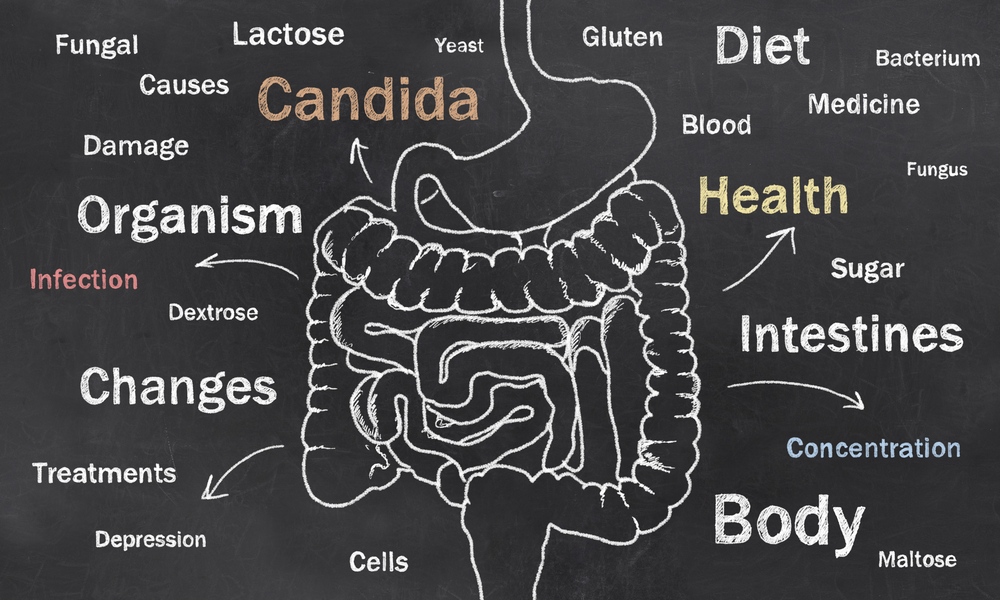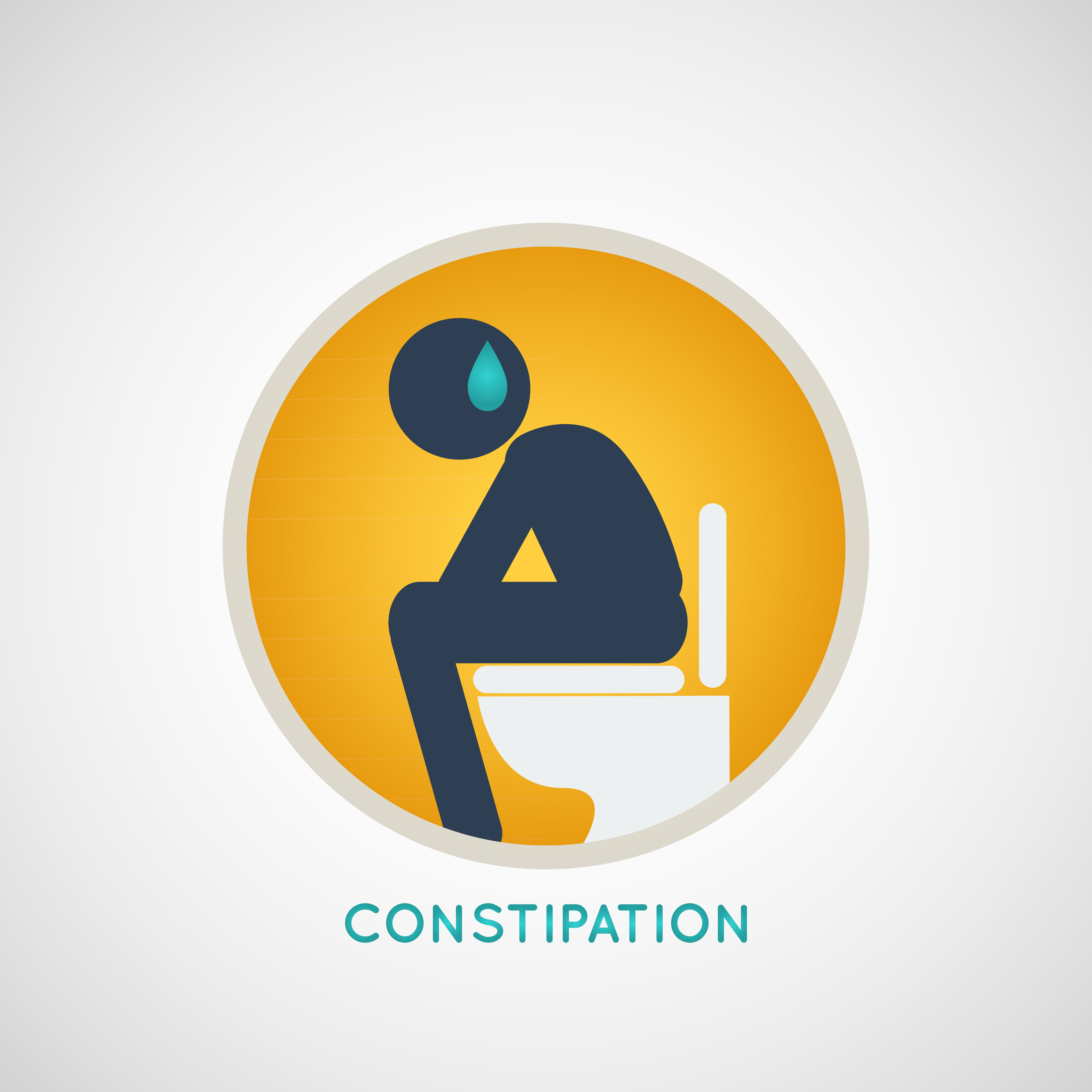Most people are unaware about Candida overgrowth and the yeast infection it can cause in men and women. Candida is a fungus, a form of yeast, which lives in small amounts in the mouth and intestines. The basic job of this fungus is to help in the digestion and nutrient absorption process.
However, when it is overproduced, it breaks down the wall of the intestine and penetrates into the bloodstream. It releases toxic byproducts into the body through the bloodstream and causes a leaky gut. This, in turn, causes many health problems that range from digestive issues to depression.
How can a person get Candida overgrowth?
The healthy or good bacteria thriving in the gut ensures that the Candida growth is moderate. Some medicines can kill many of these friendly bacteria and lead to Candida overgrowth, thus causing yeast infections. A few other factors that can increase yeast infection in women include a diet rich in refined carbohydrates and sugar, high alcohol intake, oral contraceptives and also a high-stress lifestyle. Also, a diet rich in fermented foods like Kombucha, sauerkraut and pickles can increase yeast infections in men and women.
10 Common symptoms of Candida overgrowth
Let’s look at some of the signs and symptoms of Candida growth or a yeast infection.
– Skin and nail fungal infections like athlete’s foot, ringworm, and toenail fungus
– Suffering from chronic fatigue or fibromyalgia
– Feeling tired and worn down
– Digestive issues like bloating, constipation or diarrhea
– Autoimmune diseases like Hashimoto’s thyroiditis, Rheumatoid arthritis, Ulcerative colitis, Psoriasis, Scleroderma, or multiple sclerosis
– Difficulty in concentrating, lack of focus, poor memory, ADD, ADHD, and brain fog.
– Skin issues like eczema, psoriasis, hives and rashes
– Irritability, mood swings, depression, or anxiety
– Vaginal yeast infections, urinary tract infections, rectal itching, or vaginal itching
– Severe seasonal allergies or itchy ears
– Cravings for strong sugar, and refined carbohydrate
How to test for Candida overgrowth?
Blood test
Candida antibodies (IgG, IgA and IgM) are checked to find out whether a person has Candida overgrowth. These blood tests indicate that an overgrowth of Candida is present when the body has high levels of Candida antibodies.
Stool testing
The stool test is considered to be an accurate test for determining the presence of Candida overgrowth in the body. In this test, the amount of Candida overgrowth in the colon or lower intestines is checked. However, it is necessary to ensure that the doctor specifies a comprehensive stool test instead of the standard tool test. This stool test directly analyzes the stool for levels of yeast and finds out the level of yeast infection. The lab can mostly determine the different species of yeast and the kind of treatment needed for it.
Urine Organix Dysbiosis test
In this test, the D-Arabinitol is detected. The D-Arabinitol is a waste product of Candida yeast overgrowth. It determines whether there is Candida in the upper gut or the small intestines.
Related Article: Vaginal Yeast Infections- Causes and Symptoms
How to treat Candida overgrowth or yeast infections?
In order to effectively treat yeast infections, it is necessary to stop Candida overgrowth, restore the friendly bacteria and heal the gut so that they don’t enter the bloodstream. A person experiencing the signs of a yeast infection requires a change in diet and consumes only a low carbohydrate diet. Sugar is the main source that feeds the yeast, so it is preferable to avoid sugar in its simple forms. These include candy, desserts, alcohol, and flours. Also, cut down on the complex carbohydrate intake and consume only a few cups per day to keep the Candida from increasing. Some of these carbohydrate foods include beans, grains, fruits, bread, pasta, and potatoes. It is also preferable to eliminate the consumption of all fermented foods.
With a proper diet, it is possible to get Candida under control but it can take about three to six months to diminish the signs of a yeast infection. So, it is advisable to use medicines for yeast infections along with a healthy diet to reduce the effects in men and women. There are several anti-fungal medicines available such as Diflucan and Nystatin that are useful for treating yeast infections in men and women. These yeast infection medicines take about a month or more to get Candida back under control. If a person is self-treating for yeast infections, then it is preferable to take a supplement of caprylic acid, which acts as an effective yeast medicine. Caprylic acid comes from coconut oil and makes holes in the yeast cell wall, causing it to die. These anti-fungal medicines and caprylic acid are usually recommended for yeast infections as they don’t harm good bacteria.
It is necessary to ensure that the body restores the healthy bacteria, which is responsible for keeping the Candida population under control. One way to effectively restore the healthy bacteria is to take pro-biotics on a regular basis. Pro-biotics can serve as an effective medicine for yeast infections and reduces the Candida levels. Finally, it is essential to heal the gut. In order to do this, it is important to avoid inflammatory foods that can be harmful to the GI tract and eat foods that help in digestion and nutrient absorption. This can surely aid in preventing Candida fungus from growing and prove beneficial in improving the overall health.



